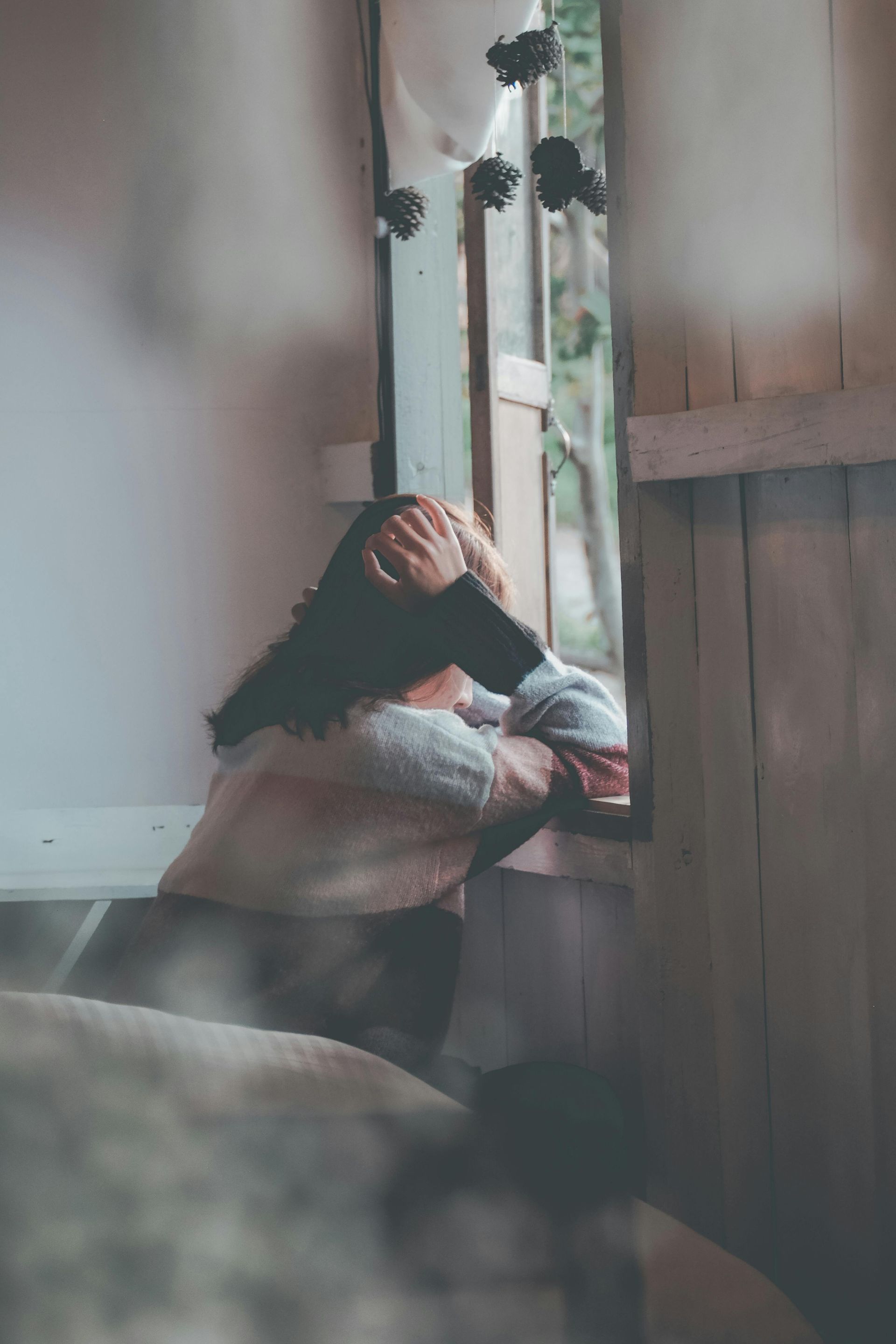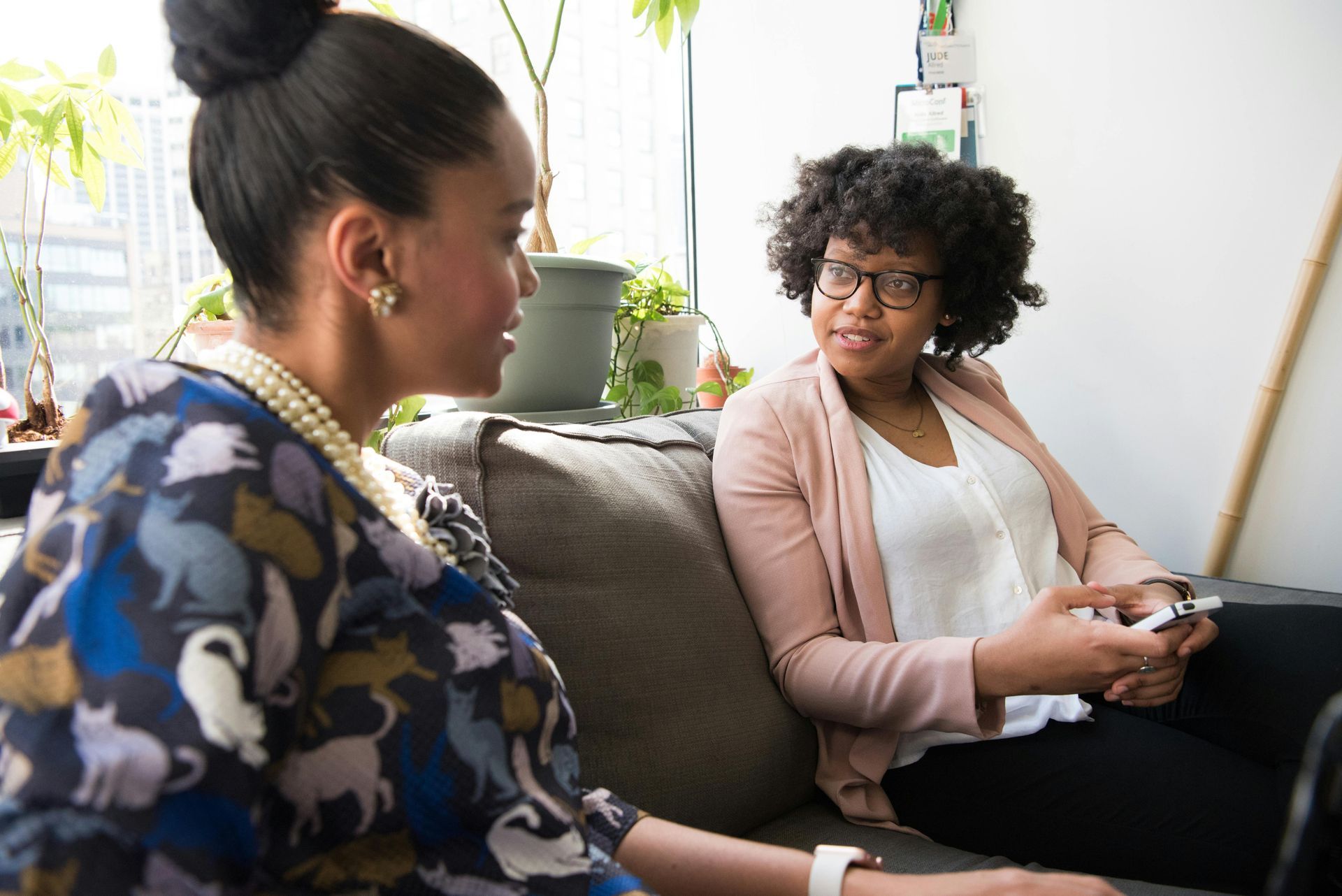The Impact Of Long-Term Residential Programming For Trafficked Survivors🦋
Human trafficking victims, once rescued, must endure a long road to recovery. Beyond the trauma and physical abuse they must now address, survivors may also hold criminal records due to their past experiences. This can make life much more difficult once they become free.
In Michigan, Hope Against Trafficking is supporting survivors by offering safe housing through residential programming in Oakland County. This approach leverages trauma-informed care along with community building, job training, legal services, life skills, and additional resources, so these trafficked survivors can start fresh with dignity.
Housing programs like these can breathe new life into a hopeless situation for a survivor of sex trafficking. Keep reading to find out how you can contribute and make a difference right here in Michigan.
Key Takeaways
- Long-term residential programs provide both safe housing and trauma-informed care for survivors of human trafficking.
- These programs offer training for daily life skills like cooking, budgeting, and education that survivors may have missed because of exploitation.
- Survivors have stated that they feel safer and more hopeful.
- Programs adhere to the guidelines of organizations like the National Human Trafficking Hotline, Polaris National Survivor Study, U.S. Department of Justice, and United Nations for helping victims.
- Gaining access to long-term support helps survivors begin to heal both emotionally and socially. This also helps them find jobs and safely reintegrate back into society. With your donations, we can help keep these essential services running.
Key Components of Long-Term Residential Programming
Long-term residential programs are vital for the recovery of trafficked survivors. Free and safe housing provides stability, and trauma-informed care will help them begin their emotional healing process.
Safe and supportive housing
Safe and supportive housing creates a stable foundation for survivor's healing. When you donate to Hope Against Trafficking in Michigan, you're helping survivors of human trafficking stay safe from danger. Hope Against Trafficking offers a two year, cost-free residential program for adult women survivors, allowing them to move forward with purpose and hope.
This shelter gives women who have experienced sexual abuse or forced labor a safe and quiet space to recover from complex trauma. Survivors need time and space to breathe, rest, and plan their next steps after exploitation.
Security is always top priority within these programs. Trained staff keep client's information secure and protect residents’ sensitive information. Healthcare professionals will make regular visits to assess physical recovery, and mental health professionals will be on call to assist with trafficking related issues.
This may include post-traumatic stress disorder or emotional abuse that is often a result of child sex trafficking or commercial sexual exploitation. Immigration status may also be a worry for some, but these programs will protect all women.
Your donations also assist in training women to learn daily skills and basic domestic work, like grocery shopping or paying bills. These women may never have had this chance to learn these things from family members before, so these skills are extremely impactful to victims of trafficking.
"A safe home saved my life. I could finally sleep without fear,” shares one survivor supported by Hope Against Trafficking.
Trauma-informed care
Trauma-informed care prioritizes human trafficking survivors, and puts their needs and feelings first. Case managers, medical professionals, and local organizations take this thoughtful approach to support the survivors of labor trafficking or sexual assault.
The staff that work within these programs are educated from resources like the National Human Trafficking Hotline and hear survivor stories from the Polaris National Survivor Study. Every person’s story matters. Some survivors' stories include physical violence, use of force, or Stockholm syndrome after being coerced into commercial sex acts like child pornography in massage parlors.
These workers create a sense of safety and trust so that women can heal without fear. This support also contributes in minimizing the trauma after rescue for these victims of modern slavery, including those discovered from emergency room visits. Building trust over time will create a better outcome for survivor recovery.
Life skills training and education
Gaining the skills an adult will need to have in their normal day to day life are essential. These services are vital to help survivors of human trafficking start over and thrive once free. Skills like cooking, budgeting, and learning to be safe on social media can feel intimidating to a young woman who in the past lived under someone else's control.
In Michigan, groups like Hope Against Trafficking teach these basics step by step. Survivors may also participate in high school classes if they missed out on past education due to trafficking.
Creative arts like painting, music, and writing also can support their healing journey. Having regular creative outlets can offer hope after a woman has survived sex crimes or domestic violence.
Learning these necessary life skills for the first time is not just about reintegrating back into society right away, but more about building up the skills to attract a future job or enroll in college later down the line. These small wins are important if you want survivors to avoid falling victim to human traffickers again, and your donation helps keep these essential services active for survivors.
Positive Outcomes for Trafficked Survivors
Residential programming provides a safe space to help survivors recover emotionally and psychologically.
Enhanced emotional and psychological recovery
Both emotional and psychological recovery are vital for survivors of trafficking. After their experiences, many crime victims suffer from trauma or post traumatic stress disorder.
Programs that prioritize trauma-informed care are offering necessary support that helps victims rebuild their confidence after trafficking.
Life skills training also boosts confidence and particularly independence for survivors of sex trafficking. With new skills, victims of human trafficking will become empowered to create a better future by finding jobs, building strong relationships, and reintegrating back into society effectively.
Improved reintegration into society
Survivors of human trafficking face a variety of difficult challenges after they escape, however, long-term residential programs can help them find their footing again. These programs teach life skills and include case management guidance to help them find good jobs and housing.
With this help available, survivors have the opportunity to reclaim their lives. By building connections with others in the community, it makes it easier for them to find their place again.
At Hope Against Trafficking, residents are also given the opportunity to volunteer, mentor others, and give back to their community, helping to create stronger relationships and gain a sense of purpose.
Helping Survivors Thrive
Long-term residential programs, like the one at Hope Against Trafficking make all the difference in the recovery for trafficked survivors. Not only are victims receiving safety, support, and skills, but they are given the mental and physical space to process what they've experienced, grow stronger emotionally, and find their place in society again.
By donating today, you can help can keep these vital programs running, and turn pain into hope for survivors. Together, we can improve lives!
FAQs
1. What is long-term residential programming for survivors of human trafficking?
Long-term residential programs provide safe housing, medical care, and mental health support to victims who have survived human trafficking or sex crimes. These programs help survivors heal, gain skills, and rebuild their lives.
2. Why do survivors of human trafficking need special support?
Survivors often run a high risk for future harm because of their past lived experiences. They also could possibly fall prey again if they continue to lack basic resources, housing, or protection.
3. How does this type of program protect potential victims?
These critical programs teach human trafficking education, helping their residents identify trafficking threats early on. Survivors are also taught life skills and connected with community resources so they don't end up back in a dangerous situation again.
4. Can these programs improve health outcomes for trafficked individuals?
Yes, having access to stable housing and medical care allows survivors to recover physically and emotionally. This also reduces risk factors and the chance they become victims of crime again.
5. Where can someone find more information about services for a survivor of human trafficking?
Many organizations share details about programs on their websites, including Hope Against Trafficking. You can also look up local human rights groups specifically focused on supporting trafficking victims who are at higher risk.






